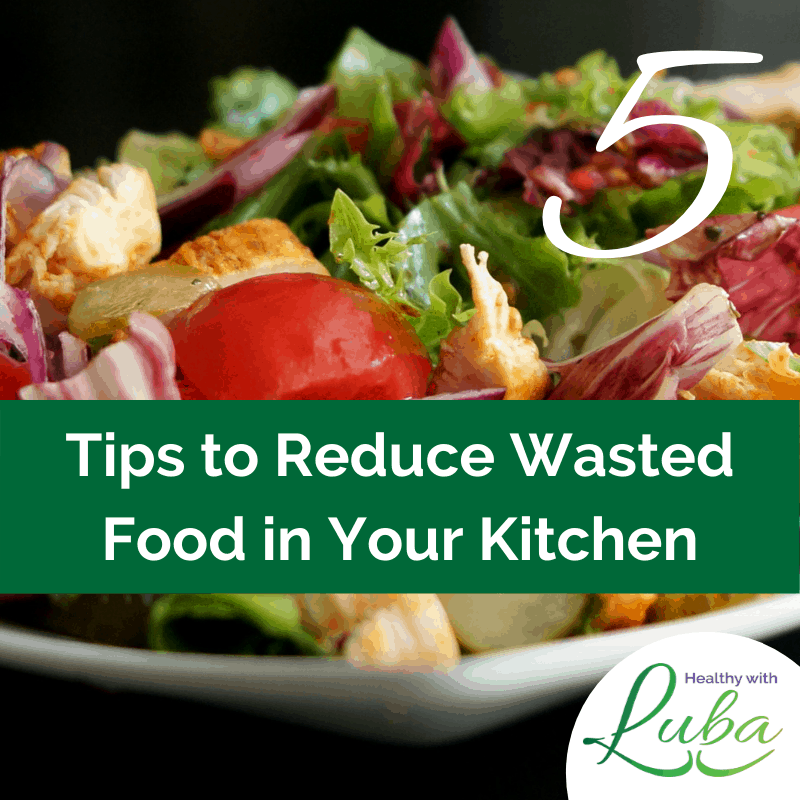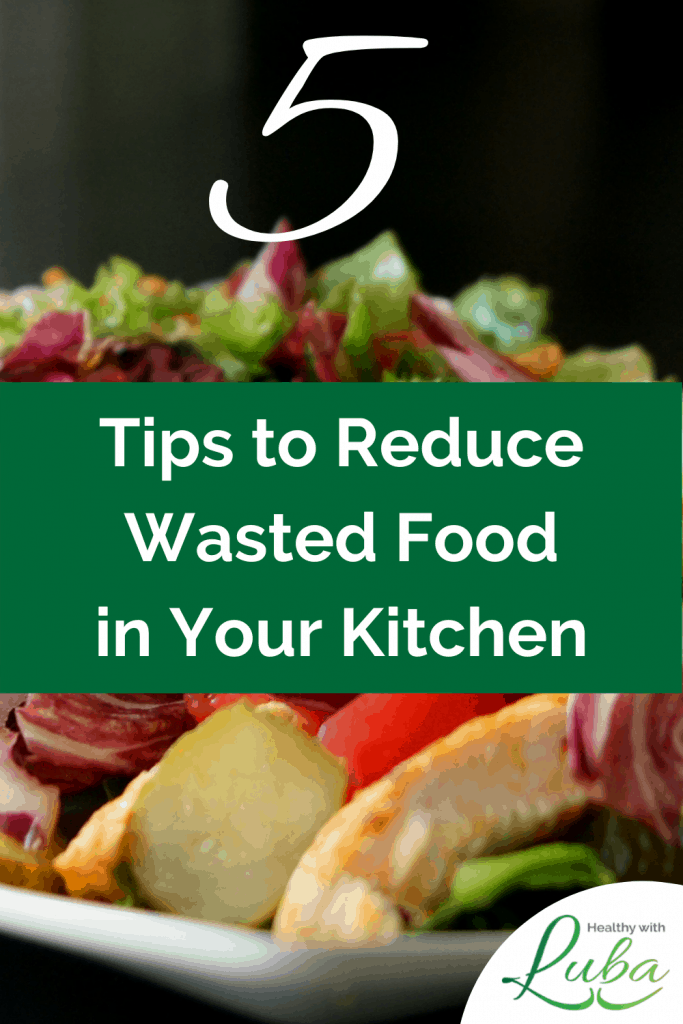
During my childhood, I had a pastor had grown up in the Great Depression. He often mentioned that his parents would have nothing on their plates at meal times. When the children would ask why their parents had nothing to eat, the parents would tell them not to worry and to eat their food.
If you have read the book Farmer Boy, you will remember that Almanzo Wilder’s mom did not waste anything, and this is not because they were poor. During Almanzo’s childhood, his family was well-to-do, yet they did not believe in wasting anything.
I was born in what is now considered a very poor country. While I do not remember hunger myself, I have heard plenty of stories of large families dividing a chicken into several parts and freezing most of it to eat later. There was no much meat to eat.
Whether or not we think this is healthy, it was their reality. There was not money for meat, and it was not because of overspending in other areas. Most children and even young adults had no more than three outfits to wear until they went to work and earned money for clothing.
According to the USA Food and Drug Administration, “In the United States, food waste is estimated at between 30-40 percent of the food supply.” source
According to a March 23, 2021 article by the Food and Agriculture Organization of the United Nations, “Acute hunger is set to soar in over 20 countries in the coming months without urgent and scaled-up assistance, warn the UN’s Food and Agriculture Organization (FAO) and World Food Programme (WFP) in a new report issued today.” source
While we take for granted that we can go to the store and buy whatever we need whenever we need it, others in the world are suffering hunger. I don’t write this to encourage you to send all your money to poor people but to consider that, while food is a necessity, many people in the world are without that necessity. I write to encourage you to be a better steward of your food.
Here are five ways you can throw away less food in your home:
1. Have a plan for leftovers.
Leftovers have dozens of uses. You can eat leftovers from dinner for lunch the next day. You can make enough food to last you and your family two meals so that your lunches for Monday AND Tuesday are both done at the same time. Some people save all their leftovers for the end of the week to take a day off cooking. If it is only Thursday and there are enough leftovers, have them for dinner!
If you do not wan to eat your leftovers right away, you can freeze many of them for quick, easy meals in the future.
Whatever your plan is for your leftovers, don’t throw them away! Leftovers are still food. 🙂
2. Store your leftovers in clear containers and in a visible place in your refrigerator.
If your leftovers are in the back of the refrigerator in an old sour cream container, you can easily forget about them. Store them in a place designated for leftovers.
3. Eat the most perishable food first.
Sometimes leftovers are not the culprits. Food is purchased, left in the refrigerator too long, and is then thrown away. If you purchase grapes and oranges, for example, plan to eat the grapes first. Of course, you can make a fruit salad with both grapes and oranges, just don’t forget about those delicious grapes!
4. Do not purchase more perishable food than you can eat.
While shopping sales can save you money, buying five pounds of spinach when you know you will eat only one or two pounds that week–even if it is on sale.
If you purchase salad ingredients for the entire week, an excellent way to make sure none of them go to waste is to wash them all and chop them all up at the same time. That way you can eat a salad each day and also eat all the salad ingredients you purchased.
5. Freeze any meat you do not plan to cook soon.
Meat is usually not the least expensive food you purchase, and it is important to keep track of it well. After you go grocery shopping, freeze any fresh meat that won’t be cooked before it expires.
What are your best tips to reduce wasted food in your kitchen? Please share in the comments below.
Did you receive value in this blog post? Please use the image below to save it to Pinterest!

These are great tips! I always turn dinner into lunches the next day!
Thank you, Echo! That’s an excellent way to save money and time as well.
Great tips!
Thank you for reading and commenting, Carmelita.
Thanks for these great tips!
Lisa, thank you for reading and for commenting!
My #1 tip for avoiding food waste is menu planning.
Don’t buy food that you don’t have clear plans to prepare.
I wasted so much fresh food because I didn’t make plans on how and when I would use it.
Tip #2 is to properly store the food. Not everything should be refrigerated; some food should be washed until you are preparing to cook it; some foods should not be purchased more than 2-3 days before you will use it.
Make sure to find out which containers would best for you food and which should not be in a container at all.